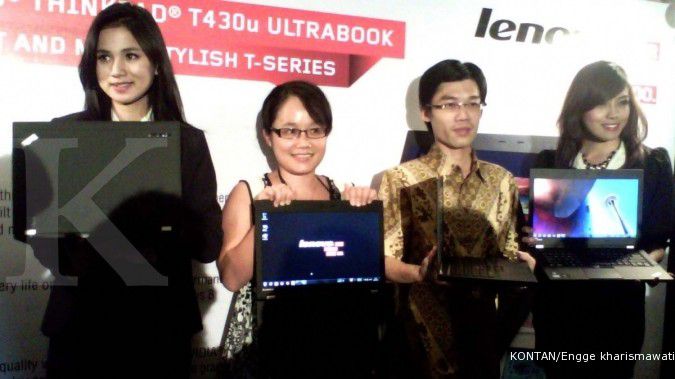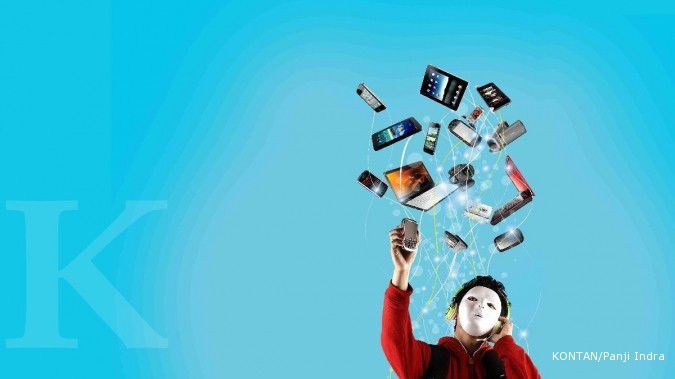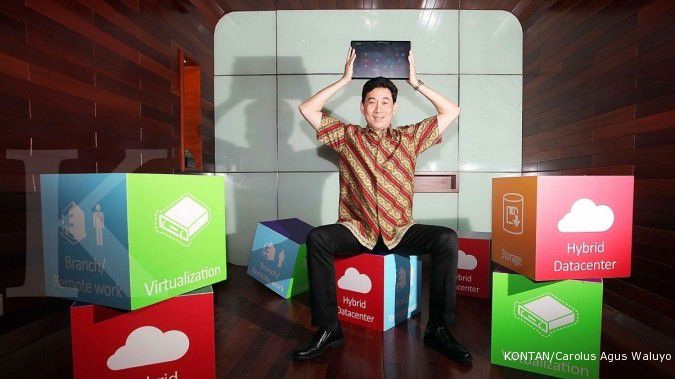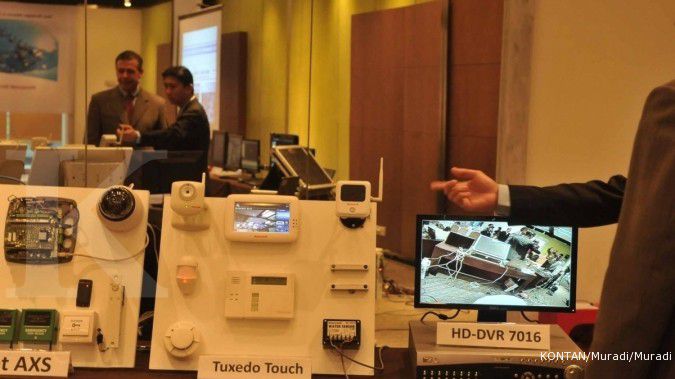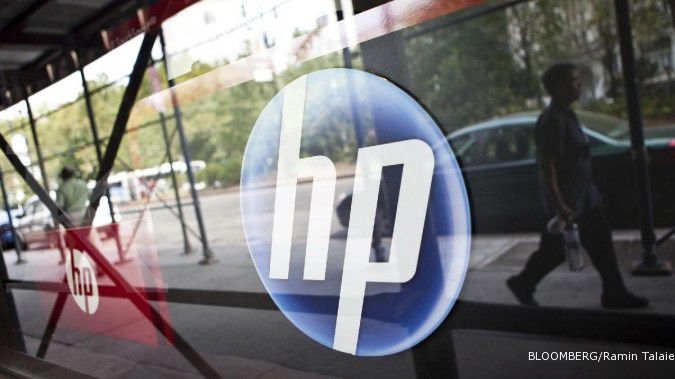JAKARTA. Personal computer (PC) vendors view the Indonesian market as “deep oil wells” as the country’s young, middle class consumers snap up these devices for work and play.
Local brands active in this market, like their peers in the mobile segment, count on affordability to grab customers. One such brand is Advan, which focuses on Android tablets.
Tjandra Lianto, Advan business developer, said that the brand introduced at least eight models of Android-based tablets measuring between 5-9.7 inches.
He added that the brand’s Taiwan-manufactured devices fell in the affordable price range of Rp 600,000 (US$61.8) to Rp 2 million and were equipped with hardware closely matching those utilized by global brands.
The brand’s prices are set to appeal to their target consumers — the middle and upper-lower segments living in cities and districts — who have become “very receptive to technology”.
“We want to give people a taste of technology without charging exorbitant prices,” he said.
Foreign brands are also eyeing the Indonesian market with greater eagerness given the country’s expanding middle income consumers and young population.
A study by Visa found that the annual disposable income of young Indonesian urbanites between the age of 18 and 28 stood at $38.2 billion. More than 60 percent of Indonesians are below 29 years old.
Sandy Lumy, the president director of Lenovo Indonesia, said that this generation of first time PC buyers, predominantly school and university students, was the brand’s major market.
“The Indonesian market, with its growing economy, middle-class and young population, makes it an extremely potential market,” he said, adding that the company grew by 18.7 percent between the third quarters of 2011 and 2012.
He added that the best-selling IdeaPad portable PCs were those priced between Rp 2.5 million and Rp 4 million.
China-based Lenovo is the third largest PC vendor in Indonesia with an 8.56 percent market share, data from the International Data Corporation (IDC) shows. Acer is in the lead with 27.9 percent with Asus in second place with 15.06 percent.
“Overall, 60-70 percent of units sold go to the consumer market, with the remaining divided equally between the small-medium enterprises and government-corporate segments,” Sandy said, adding that Lenovo counted on seven cities, including Jakarta, Medan, Makassar, Pekanbaru and Balikpapan, as major markets.
Global brands are unfazed by the scramble of local brands, with lower prices, into the PC market as new technology rolls out to the industry.
Daniel Rustandi, the marketing director of Acer Indonesia, said that the brand “welcomes healthy competition”, adding that it retained the lead in the notebook and PC segment for over 5 consecutive years.
He said the Windows 8 operating system, which had “set a new trend for the next level of touch devices”, would give their products a competitive edge.
“With the launch of latest [Windows 8-based] touch devices [we hope to] capture a significant portion of the PC market in the next 1-2 years,” Daniel said, adding that the brand expected the Acer Iconia W510, a Windows 8 tablet PC hybrid, to dominate shipments in 2013.
Santosh Viswanathan, chief representative of Intel Indonesia Corp., said that the falling prices of PCs was in favor of first time PC buyers, adding that people could now purchase a PC by saving for only a few weeks.
He added that assisting consumers, either through consumer financing or improved distribution networks, would be the key to improving PC penetration.
“The guiding spirit is making technology adoption pervasive in the country,” he said.
As of September last year, personal computer shipment hit roughly 3.9 million units, only a tenth of the 41.5 million mobile phones shipped, data from IDC shows.
The IDC estimates that PC shipment would reach 5.5 million units this year from 5.2 million units in 2012. Over 70 percent of these shipments, data shows, would comprise of notebook computers.
Visnawathan said that if students and small-medium enterprises (SME) utilized PCs, they would enhance their productivity by leaps compared to mobile phones, which were entertainment-centric.
“Ultimately, PCs, with their software and Internet connection capabilities, are what’s really needed in the field of science, engineering and the like,” he said.
strong>Mariel Grazella / The Jakarta Post
/2012/11/01/1505105072.jpg)
